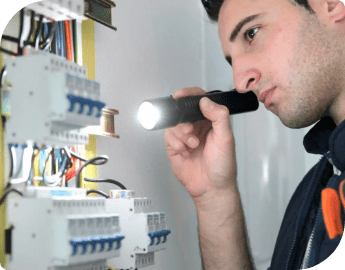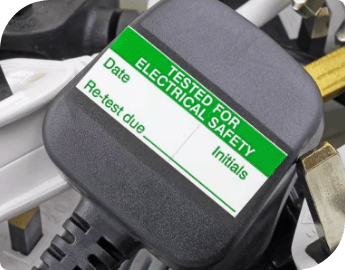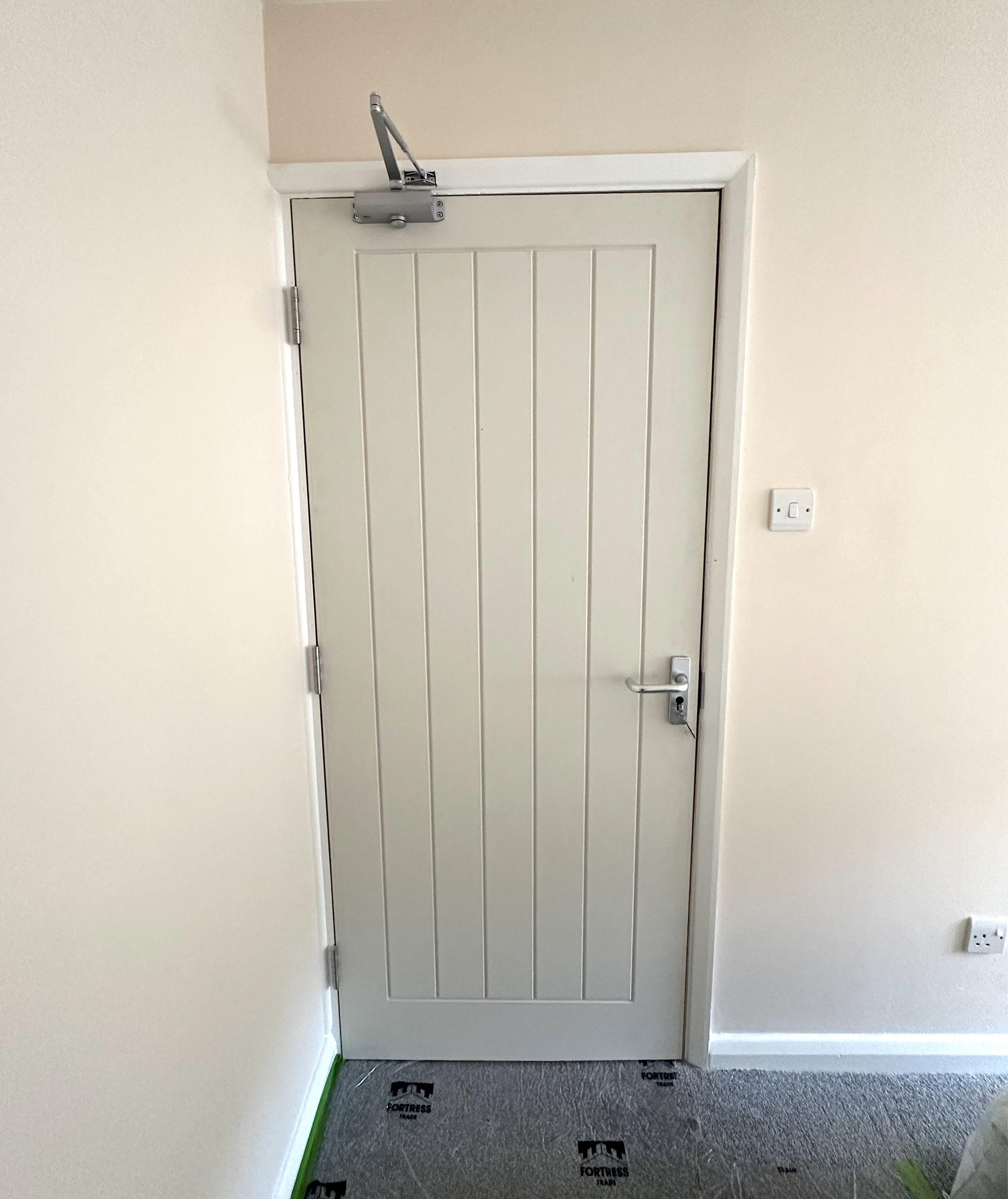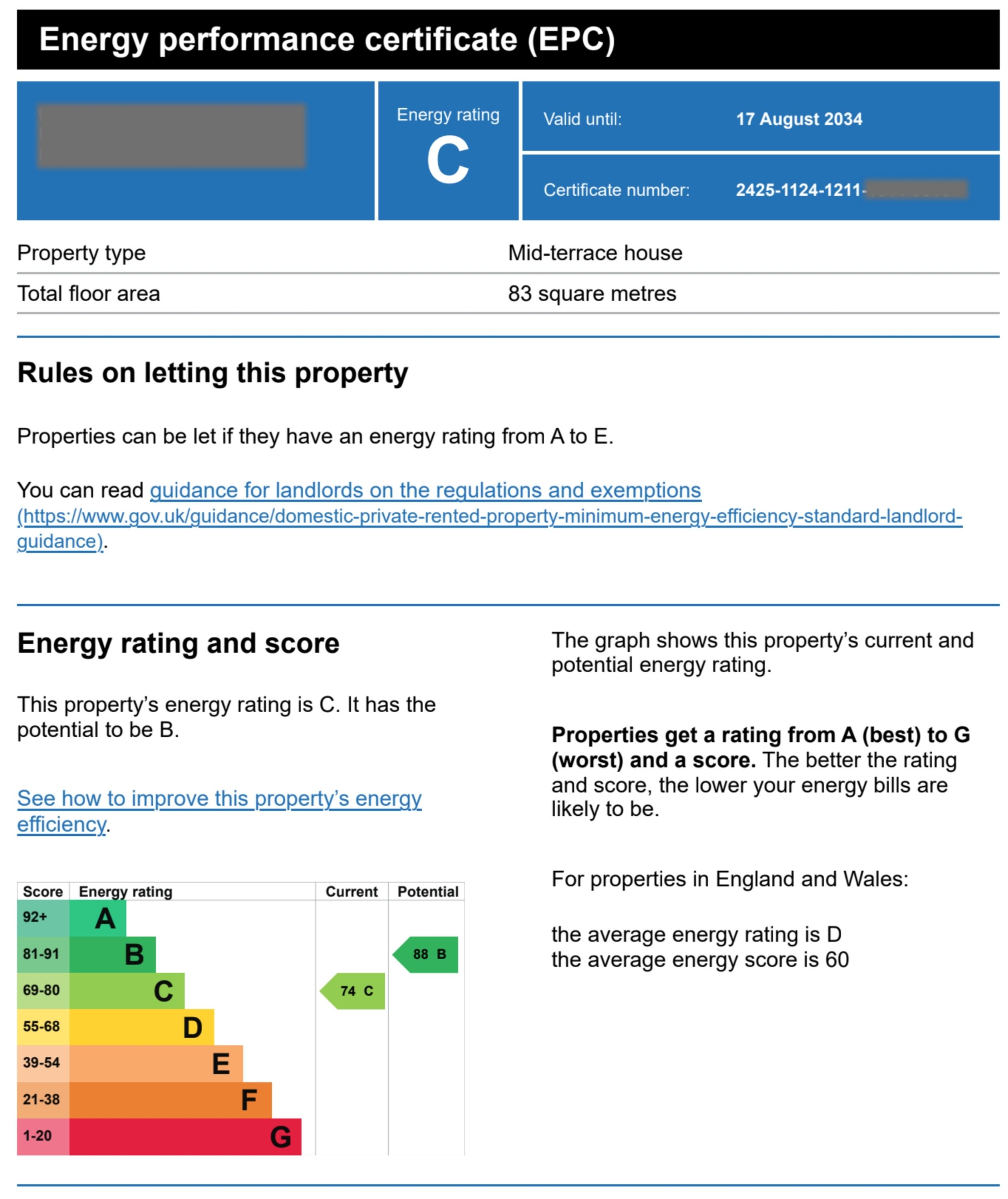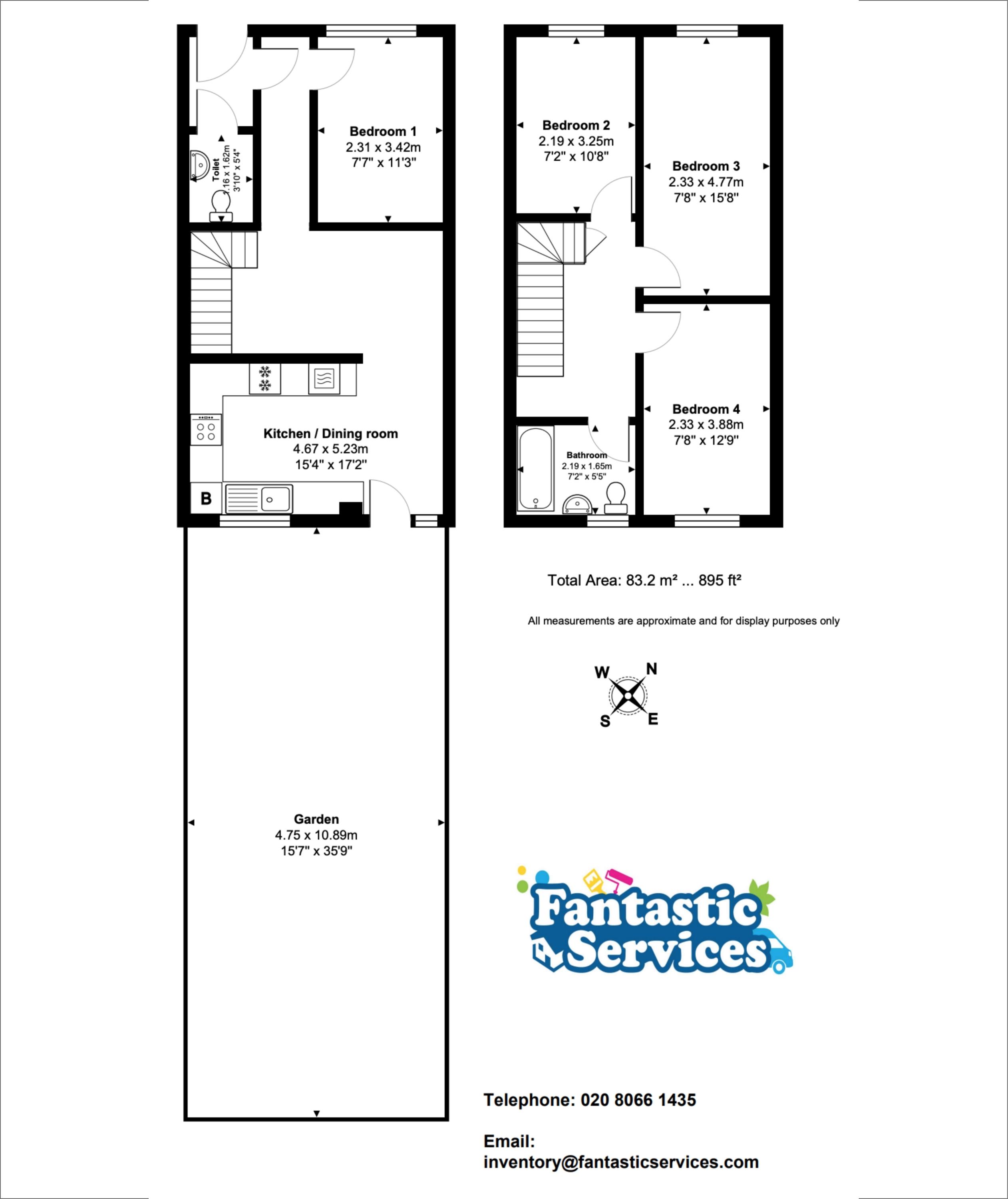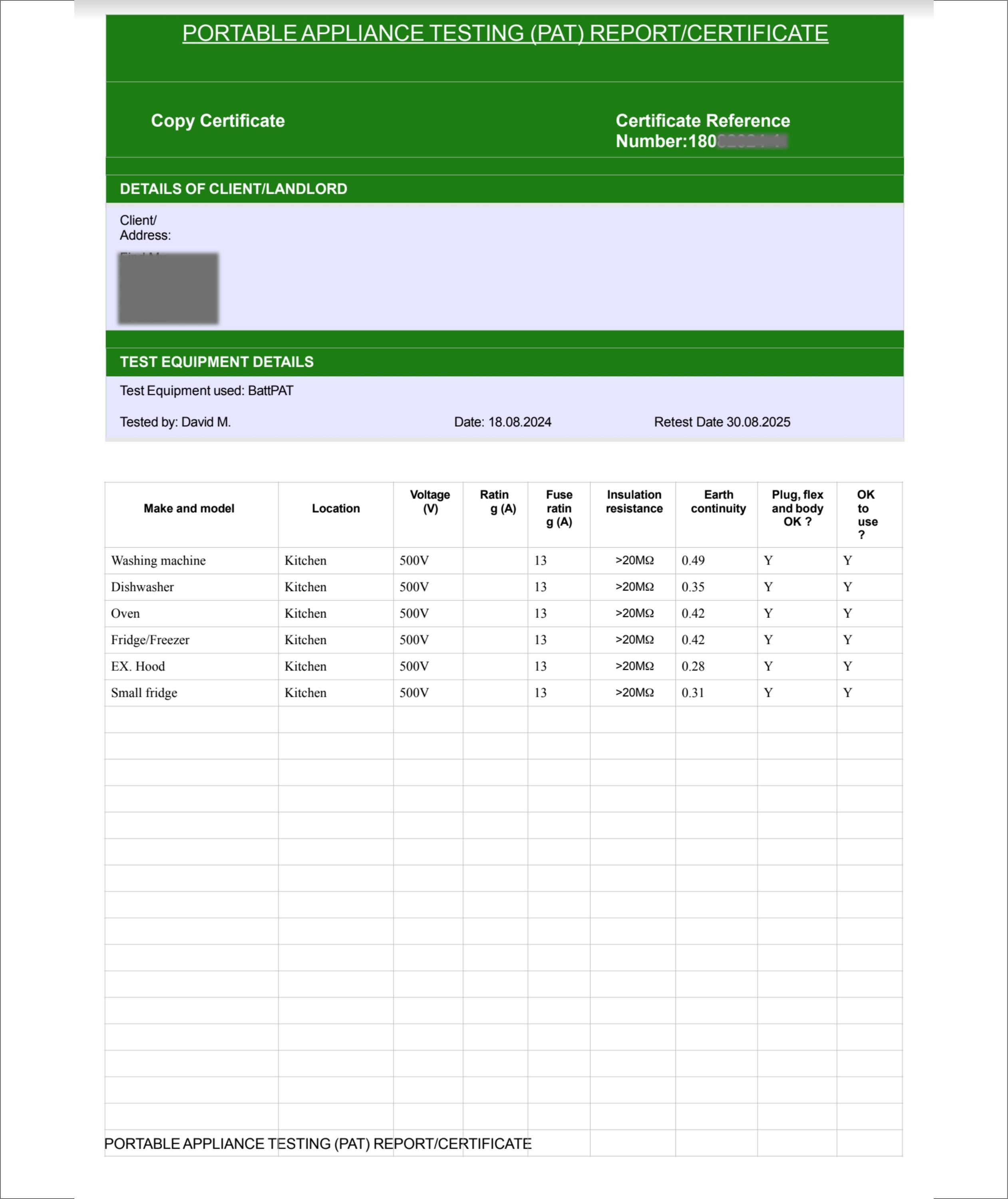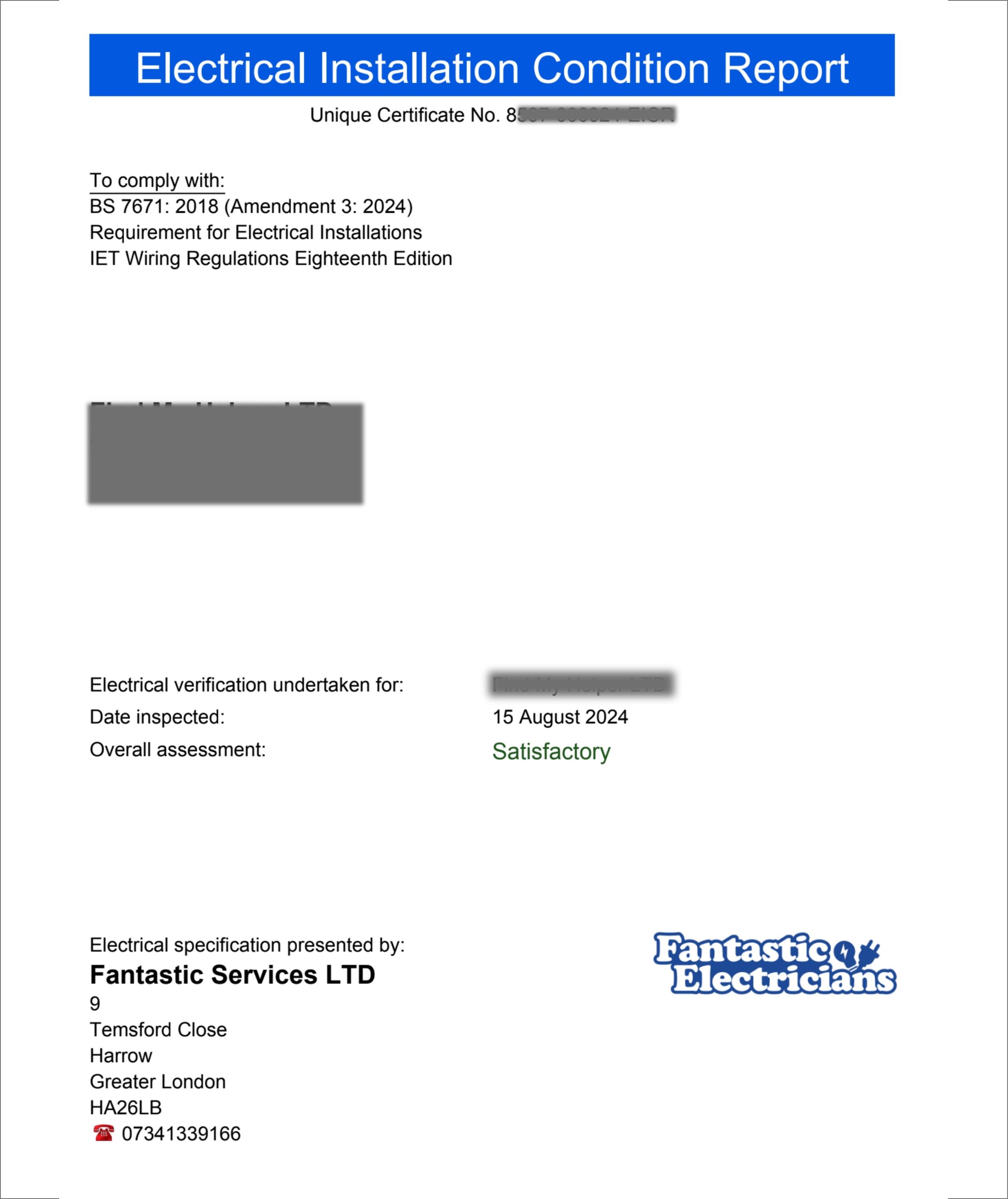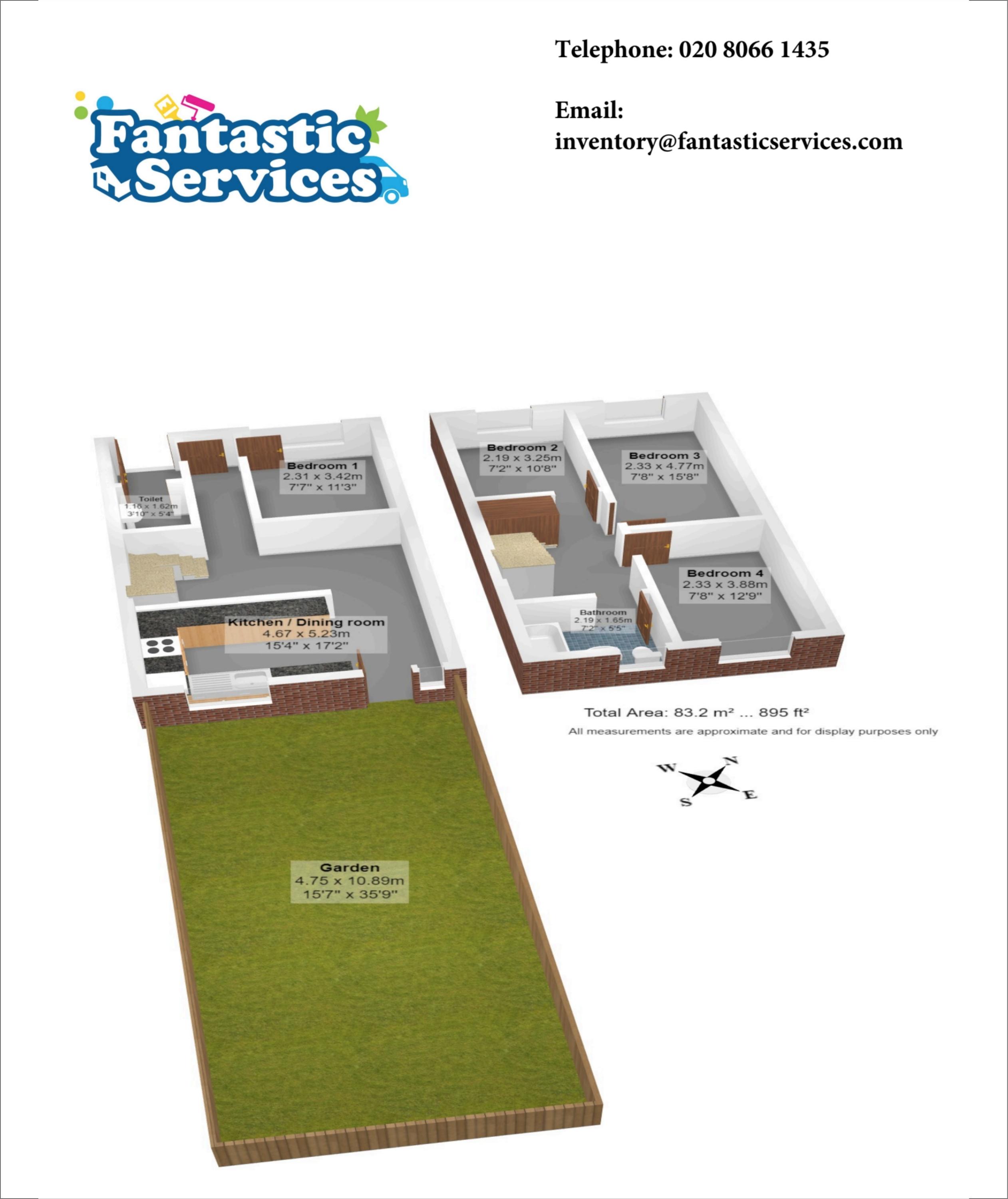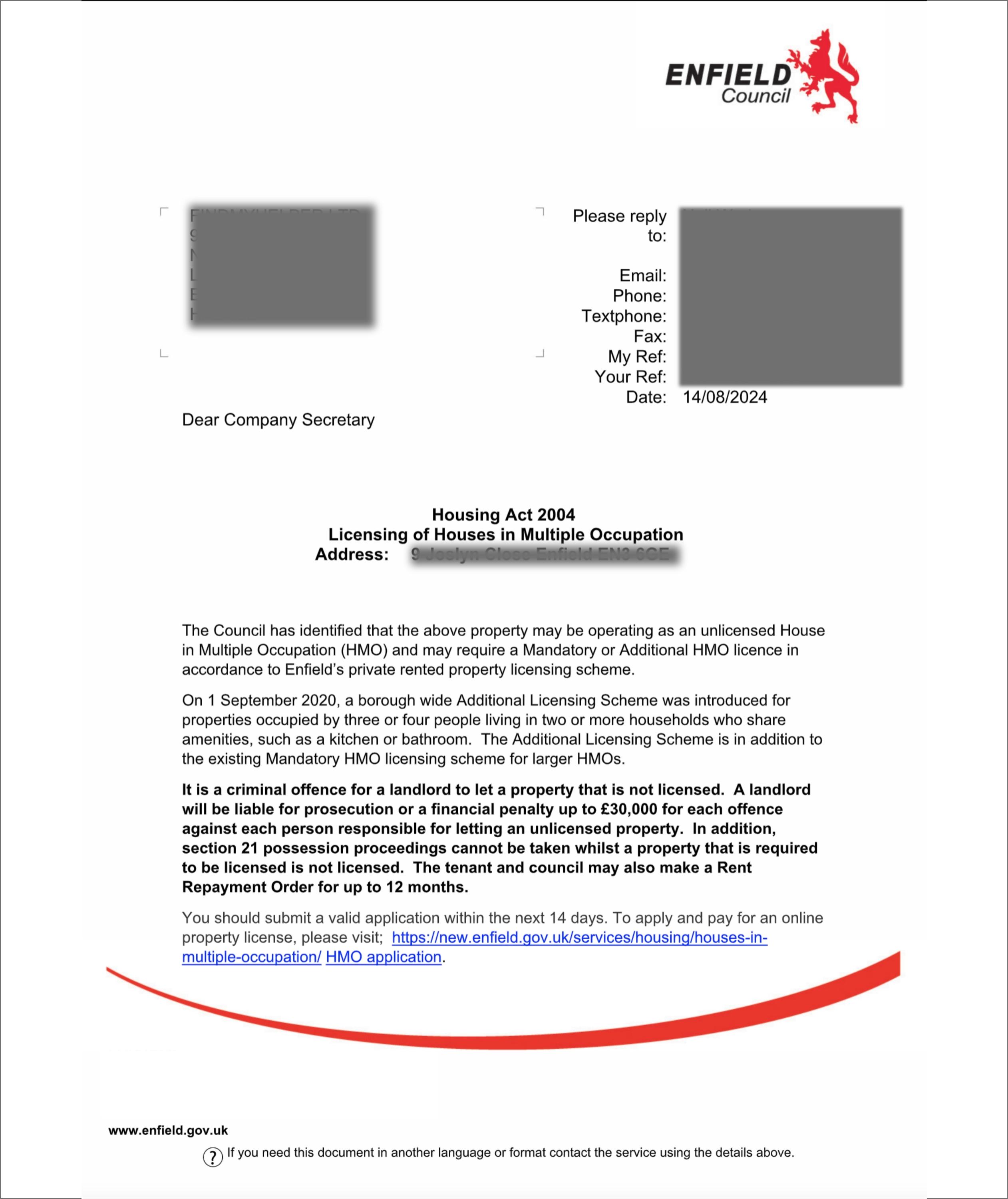HMO Compliance Made Simple
Your one-stop solution for all the HMO compliance certificates, reports and improvements in the property.
- All documents EPC, EICR, and Gas safety, handled for you
- Fire doors, emergency lighting, and safety certificate, we've got it all
- No need for multiple contractors, we oversee everything from start to finish.
- We ensure your property meets the latest HMO safety standards.






